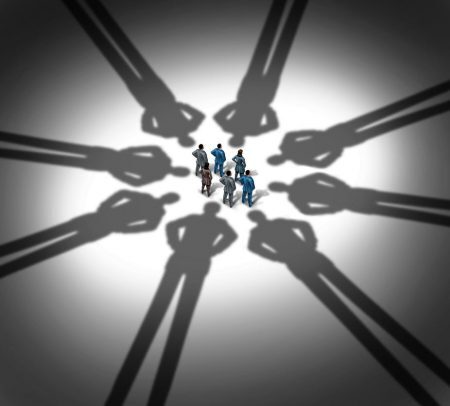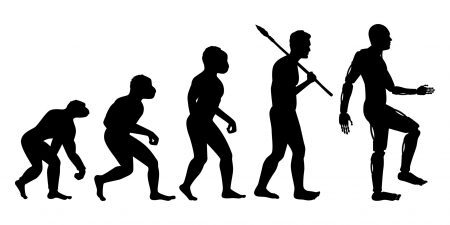COVID-19 has altered nearly every aspect of American life, including the workplace. For millions of Americans, the kitchen or the living room…
Browsing: work
Although it’s no time to celebrate, the country will move to Level 3 of lockdown on the 1st of June.…
Finally, someone’s gone and figured it out. Social media company Twitter is letting its employees work from home. Not for…
We are experiencing the biggest remote work experiment in history – but many are beginning to imagine life after lockdown. Amid unprecedented global job losses, concerns about transport infrastructure and the continuing need for workplace social distancing, governments are launching back-to-work plans.
Workplace surveillance sounds like the stuff of nightmares, but we are having to get used to it. In a sign of the times, the European Court of Human Rights has just ruled that a supermarket in Barcelona was entitled to fire employees after catching them stealing on CCTV cameras that they didn’t know were installed. This overturned a decision by the court’s lower chamber that the cameras had breached the employees’ human rights.
If you’re like most workers, you don’t spend 100% of your time at the office doing what you’re supposed to be doing. In fact, on average, U.S. workers spend about 10% of their work day surfing the internet, emailing friends or shopping online. This so-called cyberloafing costs employers up to US$85 billion a year.
Hardly a week goes by without a report announcing the end of work as we know it. In 2013, Oxford University academics Carl Frey and Michael Osborne were the first to capture this anxiety in a paper titled: “The Future of Employment: How susceptible are jobs to computerisation?”.
The lifestyle programme group also received behavioural support, such as individualised exercise training schedules, an activity tracker for monitoring progress and revising goals, regular chats with a sports scientist via an app, and monthly face-to-face meetings with the research team.








